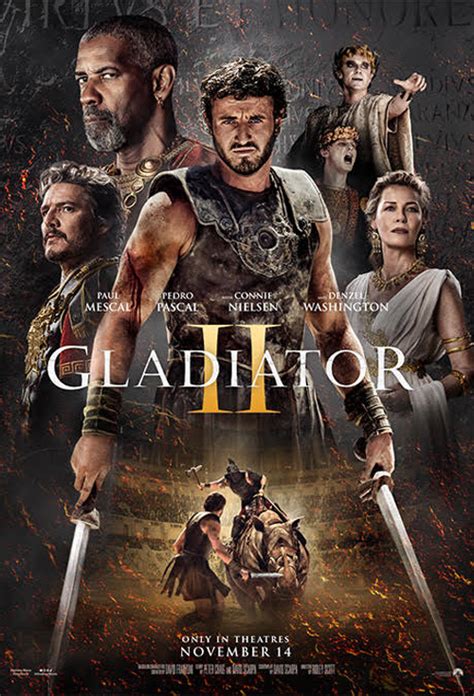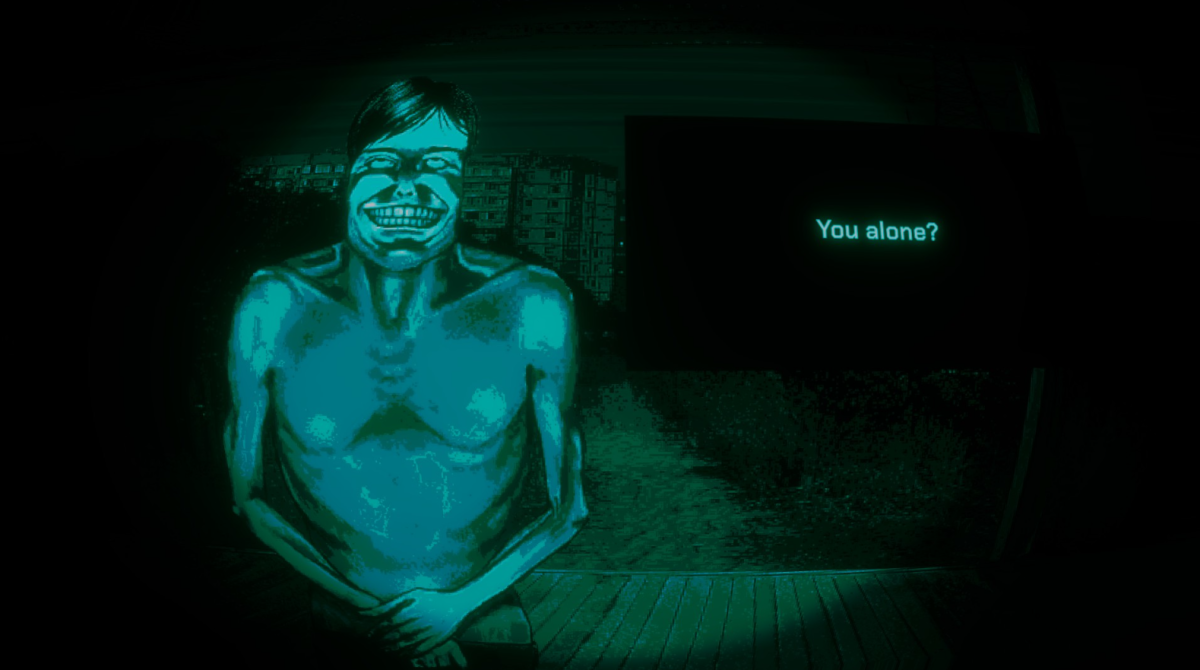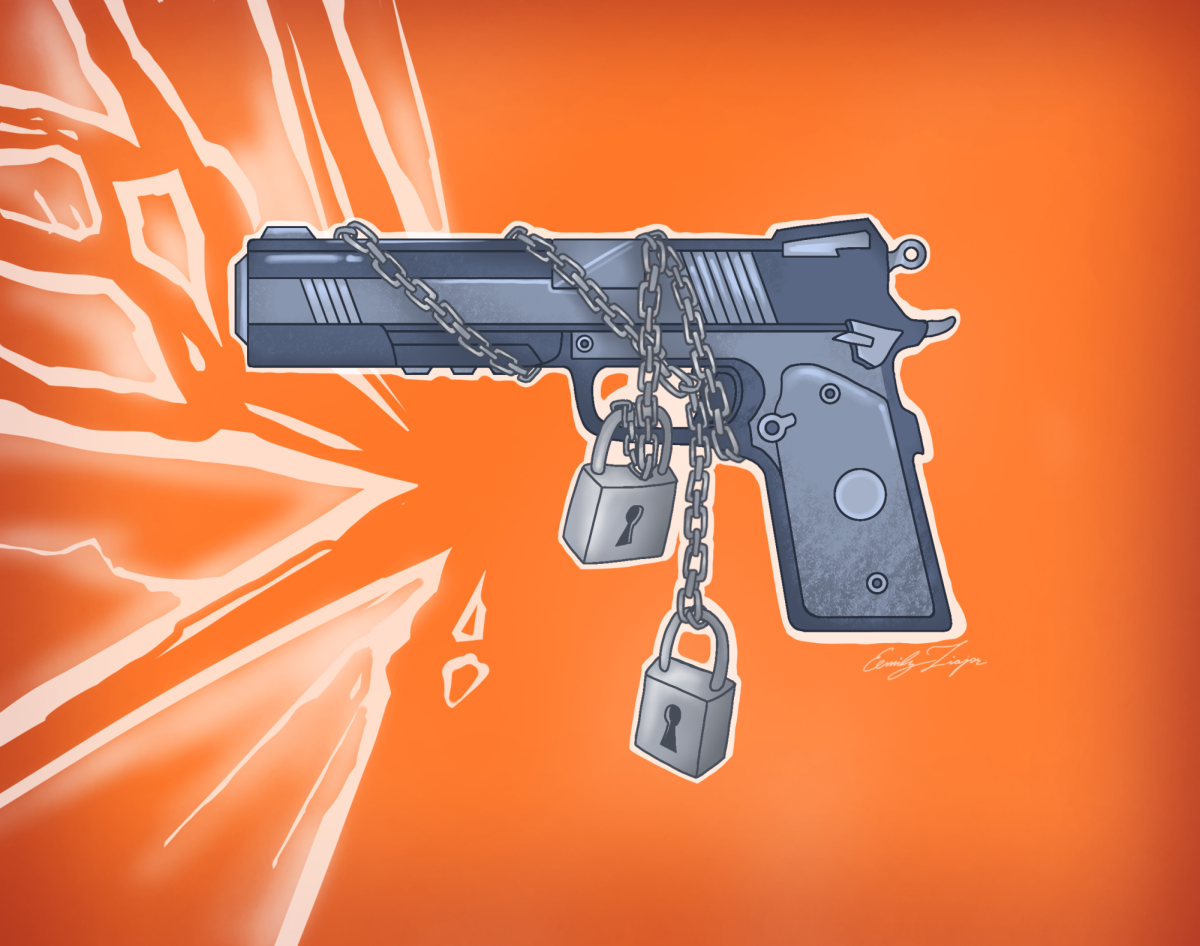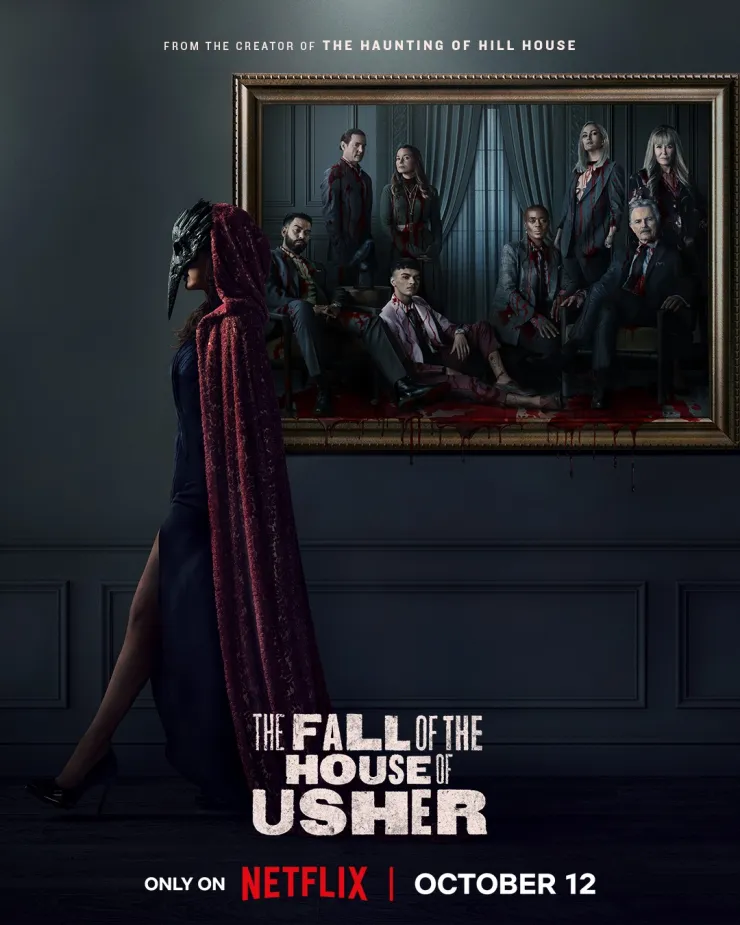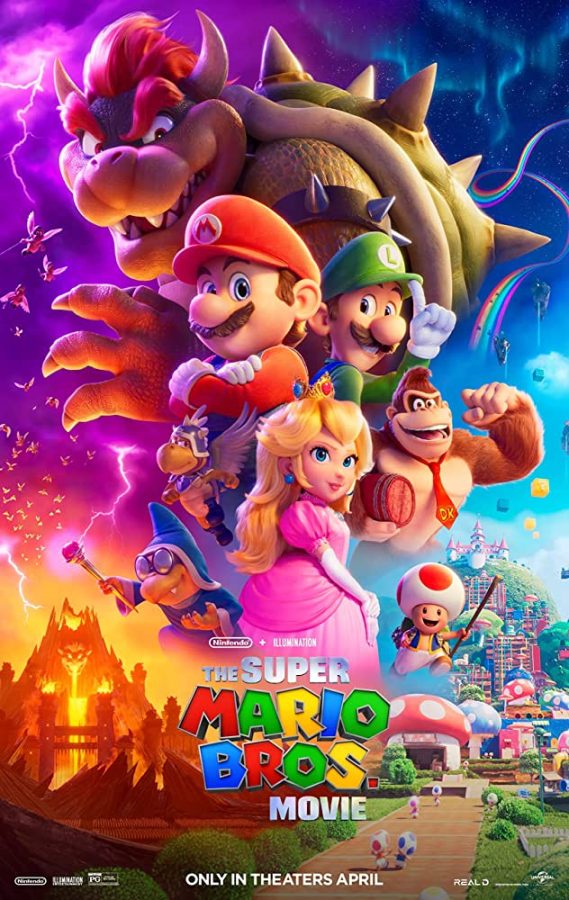Admittedly, I know less about the Roman empire and don’t think about it nearly as much as my male peers do. So, when I saw Ridley Scott’s “Gladiator II” in a theatre recently, I was not too invested. And while the movie was a reprieve for my finals-addled mind, I found it to be much too long and soapy for my liking to the point where the guy in the seat next to me quite literally fell asleep.
We are first introduced to the protagonist Hanno (Paul Mescal), who resides in the North African kingdom of Numidia on a modest farm. However, he and his wife are soon forced to fight against an invasion by the Romans. Hanno’s wife is killed by an arrow and the Roman general, Acacius (Pedro Pascal), seizes the city. Hanno is then taken as a prisoner and forced to become a gladiator for Macrinus (Denzel Washington).
Now the viewer finally gets to the action, which is made up of Mescal fighting a bunch of fake CGI animals! (Tell me again why I wanted to watch this movie). However, he hates the Romans and promises to fight only if he is able to kill General Acacius. But, of course, Acacius is only obeying the orders of the evil twin emperors Caracalla and Geta. Thus, we see the beginning tension between those who want to exist in a peaceful Rome and those who will advance the empire for their own fame.
So Acacius and his wife Lucilla—who happens to be the daughter of Marcus Aurelius—plot to overthrow the tyrannical emperors, at the same time Hanno is planning to kill Acacius. But wait, there’s more! Hanno is not who he says he is and happens to be Lucius, the long-lost son of Lucilla and Russell Crowe’s Maximus from the first movie (don’t worry, it was already spoiled pre-release). Even though Lucius has been on the run since he was a boy, he reveals his knowledge of Virgil in a gotcha moment to the twin kings which could have exposed his heritage to the people most threatened by it. Smart!
Thus, the power plays between those vying to take control of Rome begin to unfold. This is perhaps the most interesting part of the movie and is where Washington’s performance shines. I found his storyline to be the most compelling, and I wish that they had expanded on it. While I believe that they are great actors, I found Mescal and Pascal’s characters to be less well-written, and I was honestly uninterested in their plots and times on screen. This was largely due to the storyline between the reunification of the separated family feeling incredibly sappy and overwrought. I blame this on the poor pacing of the movie, which felt way too long in the beginning, but way too short at the end.
It felt like the writers never got anything 100% right. The story felt forced and much too dramatic. The characters lacked the necessary depth to make them truly interesting. The fighting, in a post-Game Of Thrones world, is not that revolutionary or action-packed. While the architecture was beautiful, there wasn’t anything innovative about the cinematography. Overall, the story constantly felt like it was missing more, in every aspect. This was especially glaring with Macrinus, who could have created a much stronger plot had they focused on fleshing out his character. Thus, this potential (and extraordinary budget) only made my disappointment grow.
And don’t get me started on the historical inaccuracies. I don’t think Marcus Aurelius was that great of a guy with this revolutionary “dream” of freedom. In fact, I hate him for unleashing the philosophy of stoicism onto our population. And I highly doubt Romans were transporting Great White Sharks into the arena (and that battle scene was pretty underwhelming too). To say that this movie stretches suspension of disbelief is an understatement.
Imagine my surprise when I found out the original “Gladiator” won an Oscar. Its sequel’s plot felt much too convenient (despite the writers trying to pawn it off as fate). And no, I may not be that enamored with the Roman Empire, but the point of drama and action is at least to keep me engaged.
1.5/5



